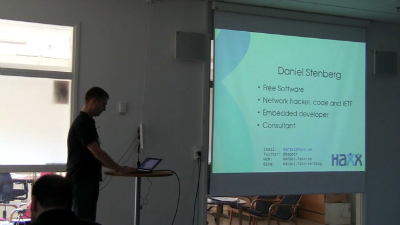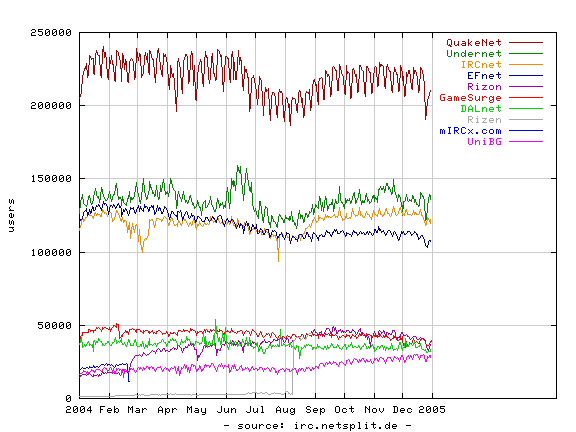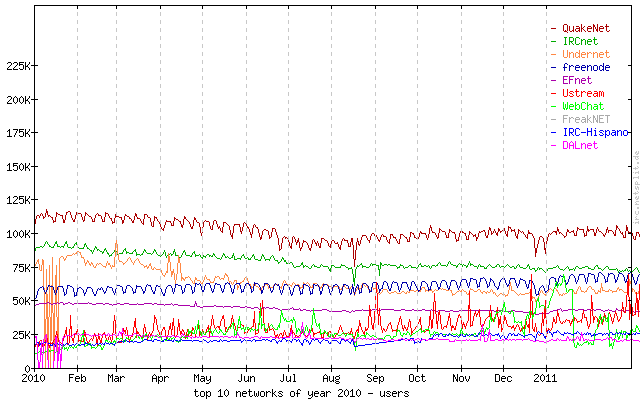HTTP is a protocol that looks simple in its simplest form and its readability can easily fool you into believing an implementation is straight forward and quickly done.
That’s not the reality though. HTTP is a very big protocol with lots of corners and twisting mazes that one can get lost in. Even after having been the primary author of curl for 13+ years, there are still lots of HTTP things I don’t master.
To name an example of an area with little known quirks, there’s a funny situation when it comes to how HTTP supports and doesn’t support compression of data and compression of data in transfer.
No header compression
A little flaw in HTTP in regards to compression is that there’s no way to compress headers, in either direction. No matter what we do, we must send the text as-is and both requests and responses are sometimes very big these days. Especially taken into account how cookies are always inserted in requests if they match. Anyway, this flaw is nothing we can do anything about in HTTP 1.1 so we need to live with it.
On the other side, compression of the response body is supported.
Compressing data
Compression of data can be done in two ways: either the actual transfer is compressed or the body data is compressed. The difference is subtle, but when the body data is compressed there’s really nothing that mandates that the client has to uncompress it for the end user, and if the transfer is compressed the receiver must uncompress it in order to deal with the transfer properly.
For reasons that are unknown to me, HTTP clients and servers started out supporting compression only using the Content-Encoding style. It means that the client tells the server what kind of content encodings it supports (using Accept-Encoding:) and the server then sends the response data using one of the supported encodings. The client then decides on its own that if it gets the content in one of the compressed formats that it said it can handle, it will automatically uncompress that on arrival.
The HTTP protocol designers however intended this kind of automatic compression and subsequent uncompress to be done using Transfer-Encoding, as the end result is the completely transparent and the uncompress action is implied and intended by the protocol design. This is done by the client telling the server what transfer encodings it supports with the TE: header and the server adds a Transfer-Encoding: header in the response telling how the transfer is encoded.
HTTP 1.1 introduced a mandatory encoding that all servers can use whenever they feel like it: chunked encoding, so all HTTP 1.1 clients already have to deal with Transfer-Encoding to some degree.
Surely curl is better than all those other guys, right?
Not really. Not yet anyway.
curl has a long history of copying its behavior from what the browsers do, in order to allow users to basically script anything imaginable that is HTTP-like with curl. In this vein, we implemented compression support the same way as all the browsers did it: the content encoding style. (I have reason to believe that at least Opera actually supports or used to support compressed Transfer-Encoding.)
Starting now (code pushed to git repo just after the 7.21.5 release), we’ve taken steps to improve things. We’re changing gears and we’re introducing support for asking for and using compressed Transfer-Encoding. This will start out as an optional feature/flag (–tr-encoding / CURLOPT_TRANSFER_ENCODING) so that we can start out and see how servers in the wild behave and that we can deal with them properly. Then possibly we can switch the default in the future to always ask for compressed transfers. At least for the command line tool.
We know from the little tests we are aware of, that there are at least one known little problem or shall we call it a little detail to keep on eye at, with introducing compressed Transfer-Encoding. As has been so fine reported several years ago in the opera blog Browser sniffing gone wrong (again): Cars.com, there are cases where this may cause the server to send data that gets compressed twice (using both Content and Transfer Encoding) and that needs to be taken care of properly by the client.
At the time of this writing, I’ve not yet taken care of the double-compress case in the code, but I intend to get on to it within shortly.
I’m otherwise very interested in hearing what kind of experience people will have from this. What servers and sites will support this as documented and intended?





 Thirteen years ago I released the first version of
Thirteen years ago I released the first version of 

